
Why Eurostars is an essential component of Horizon Europe.
Posted 15 Dec 20
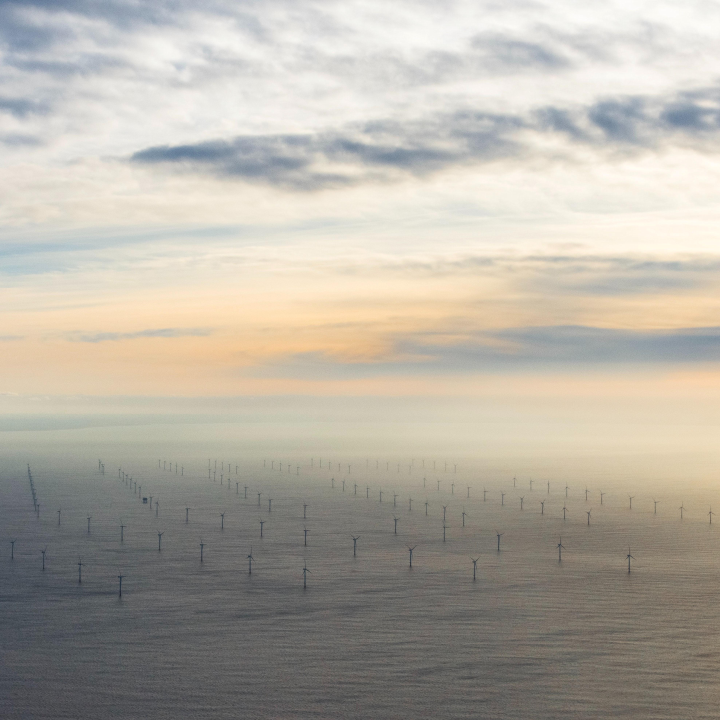
Offshore energy platforms take a pounding from waves, wind and rain, collisions and the harsh daily grind of operations. Digital Guardian, a new predictive modelling technology, has been designed to optimise these complex and costly assets in real-time. It analyses design, operations and maintenance to boost offshore energy platform efficiency, safety and longevity.
Posted 15 Dec 20

By applying machine learning to optical character recognition (OCR) technology, a Eurostars project has significantly improved the digitisation of old newspapers and historic manuscripts. The solution could be a godsend for universities, libraries and museums keen to make important archived documents public, as well as legal services interested in digitising old contracts.
Posted 1 Dec 20
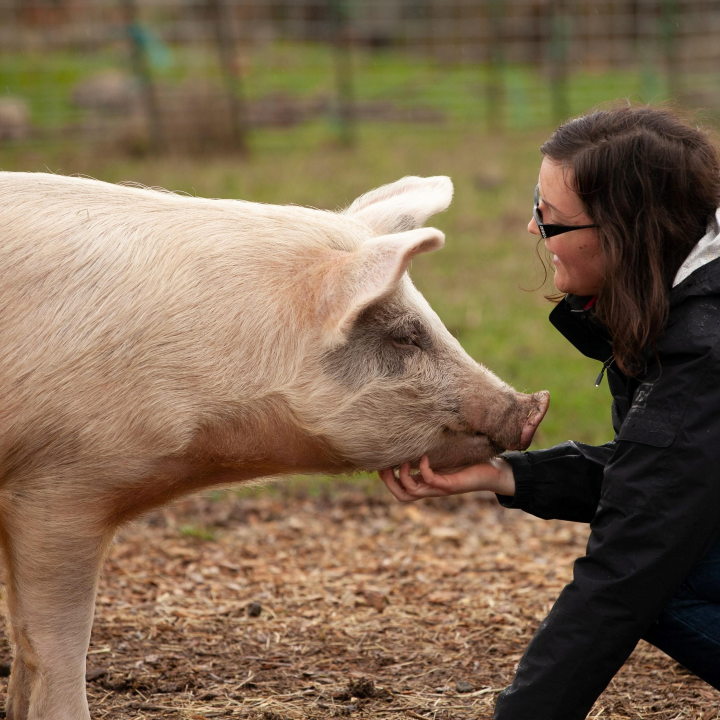
Animal feed is a critical element of the food chain, impacting both animal health and food safety. The Eurostars CoRouge project has helped a small company gain approval for a new copper feed additive that can improve the health of lifestock whilst fully respecting European Union rules. The success of the project has led to further research into the health and environmental benefits of a unique source of copper in feed.
Posted 20 Nov 20
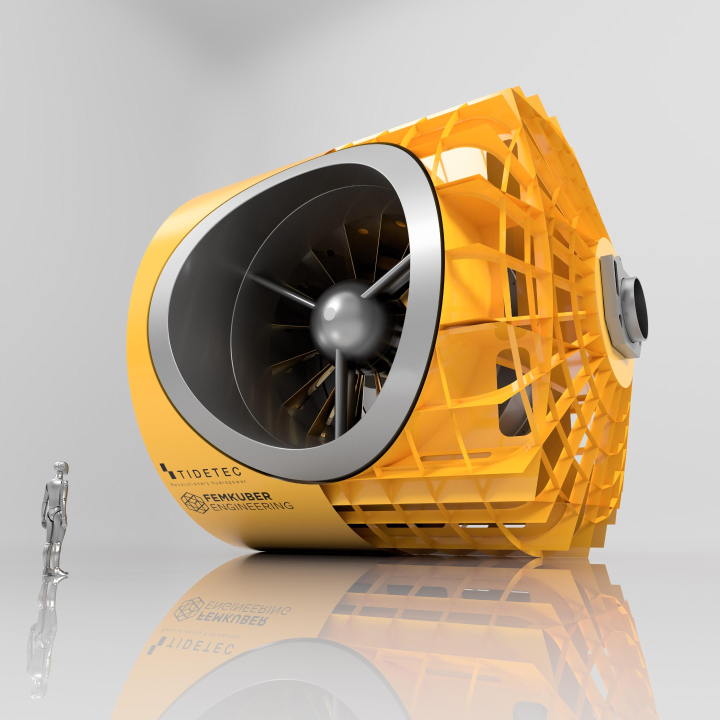
The world’s seas and oceans contain almost unlimited, inexhaustible power. Along the rugged coastlines and waterways of the United Kingdom and Ireland for example, tidal surges could provide plentiful clean renewable energy if harnessed in a cost-effective manner. The Eurostars SAFE COAST project has provided some much-needed momentum (and a wake-up call to governments) by demonstrating that affordable renewable energy can be combined with robust flood defence.
Posted 17 Nov 20

Belgium is an unusually complex Eureka country. Not only is R&D organised at federal level, but there are also three communities and three distinct cultural regions. Those regions are competent in applied industrial research and have their own budgets.
This diversity is also a source of possibilities, since each region can launch calls for projects and new funding opportunities individually.
Posted 5 Nov 20

Oscar Chabrera has one of the hardest jobs at any start-up company: raising money to fund research and development. As co-founder and project coordinator at Spanish company Vilynx, Chabrera tells us why he became an entrepreneur and how to finance innovation.
Posted 4 Nov 20
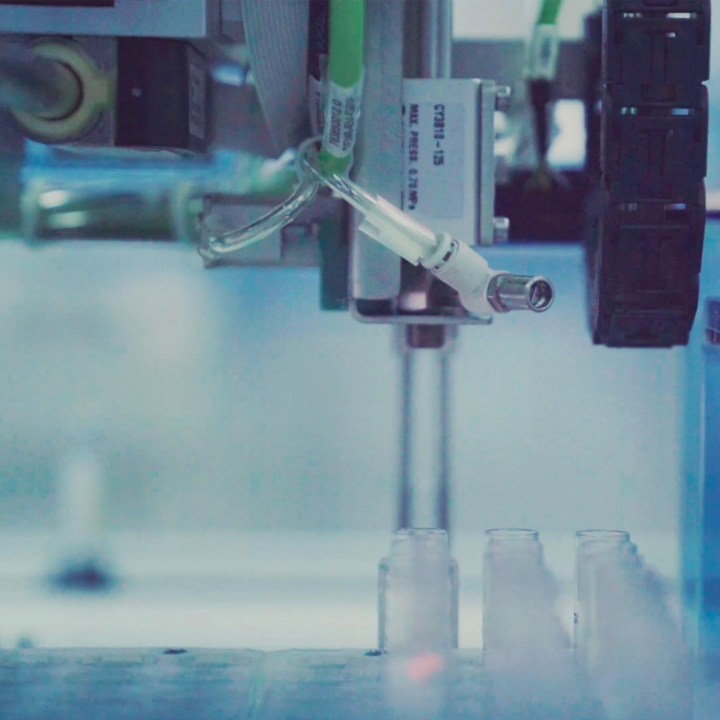
A Eurostars project partnership has blossomed into an innovative startup, which aims to make the pre-clinical testing of drugs for immune response risks affordable and straightforward. This could help open up the pharmaceutical market to smaller European pharma firms, and ensure that medicines that reach the market do not have unexpected side effects.
Posted 3 Nov 20

Knowing when wind turbines are not operating optimally and being able to forecast when a failure is imminent could save the wind energy sector millions of euros in preventive repair work. A Eurostars project has developed a sensory-based platform, capable of collecting and analysing enormous amounts of data, to find patterns that show abnormal behaviour. The success of the project has been so great that the team is now looking to apply their innovation to other sectors where structural health is critical.
Posted 6 Oct 20

A web tool that combines geospatial information with business intelligence can help companies make more informed decisions and enable public authorities to better allocate and manage resources. The software, developed through an innovative Eurostars project GEO Key, is already being used by French authorities, and we expect it to be sold globally.
Posted 20 Sep 20
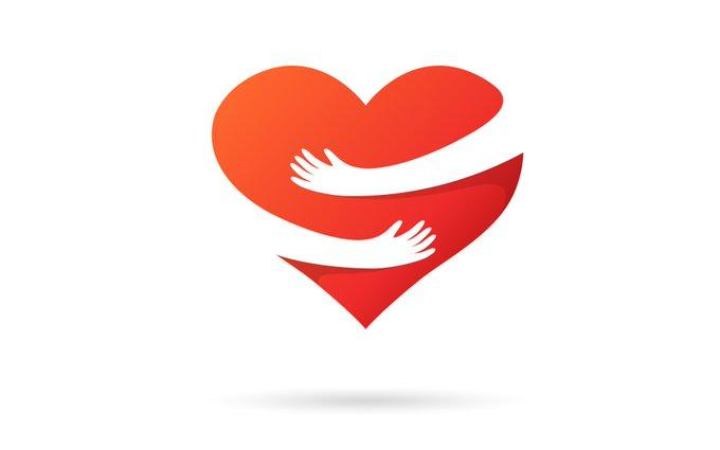
The current state of flux from the novel coronavirus strain has resulted in a wave of combined national and EU funding being channelled towards R&D-performing companies, research institutes and universities who are generating tremendous innovative results at lightning speed. Last Friday 15, our multilateral call for solutions for COVID-19 echo period closed with 65 applications, with 12 countries involved. A second call launched the same day. But while plans to fund projects are highly reported on, I want to tell you more about the successes that have already come about from Eureka-backed companies who are flexibly redirecting their R&D in response to SARS-CoV-2 and COVID-19.
Posted 20 May 20
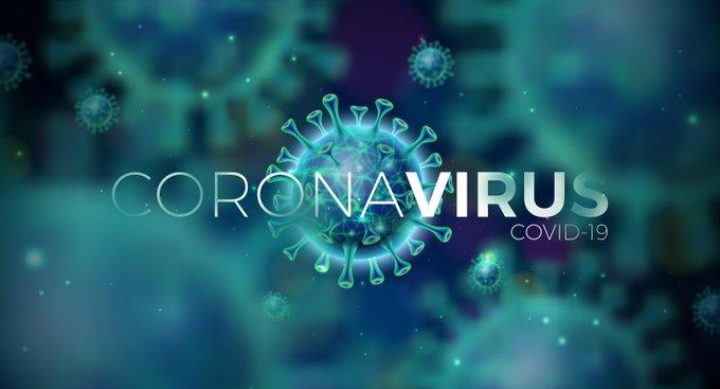
As an international network supporting innovation beyond borders, we know that when people work together, extraordinary things can happen.
In the past weeks, our colleagues across the network have been banging their virtual heads together to put in place support measures for businesses and researchers to find COVID19 solutions.
Posted 20 Apr 20

At Eureka, we are always at your service – and remain so as we temporarily work from home. I am here to reassure you that our collaborators remain 100% committed to supporting you in your R&D endeavours. “We” means not just the Brussels-based Eureka team, but our representatives in over 45 countries across Europe and the world.
We are confident that this moment will pass, but we and you must all take the recommended measures to protect everyone.
Posted 3 Apr 20
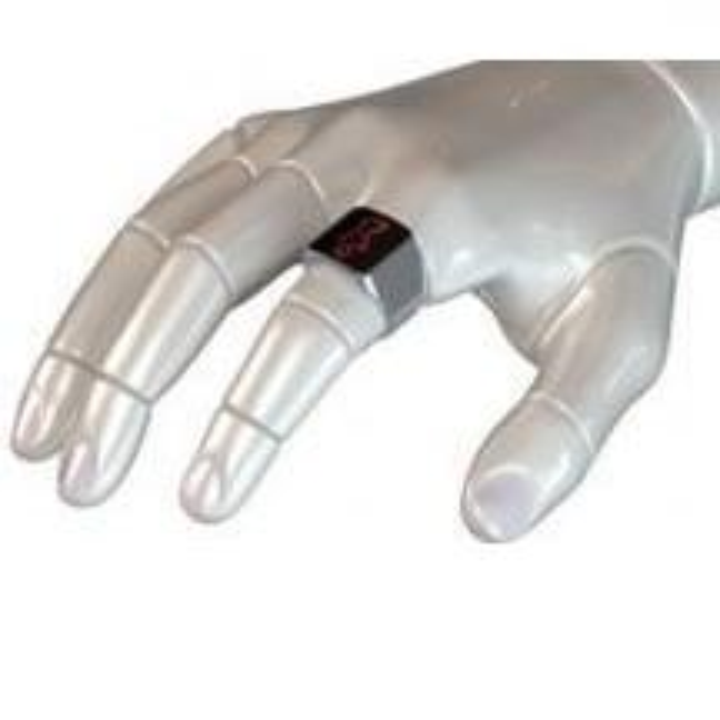
High blood pressure is responsible for almost 11 million deaths worldwide every year. 30% of adults develop hypertension and yet the majority of cases are either not diagnosed, or diagnosed incorrectly. Only one third of these cases are diagnosed correctly, but often accidentally.
Hypertension is also the cause for many other diseases and can lead to strokes and dementia. As our daily-lives gain more and more speed and stress becomes our routine, more than ever, we need an easy way to read and regulate our blood pressure. Eureka is doing its part to help.
Posted 19 Jun 19
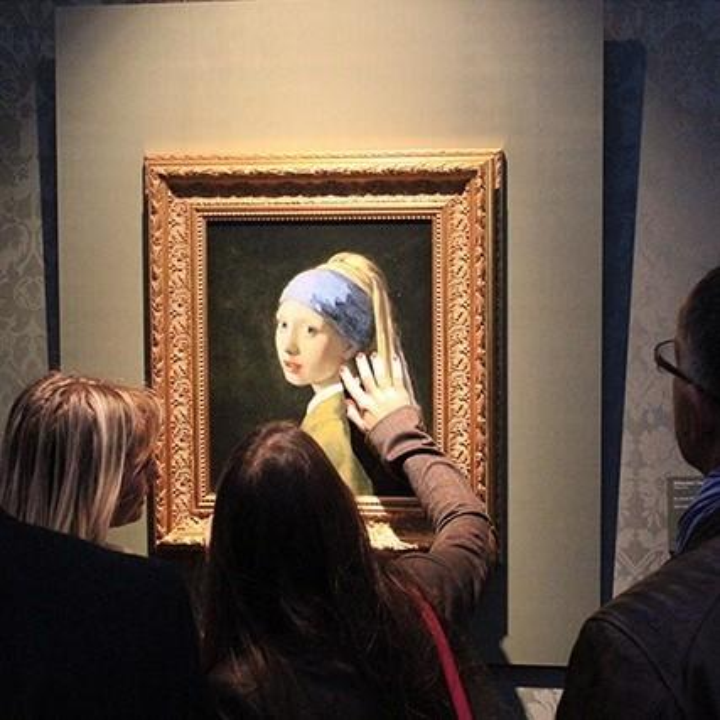
Artwork kept under wraps at London’s Tate Britain and Tate Modern will be showcased using new 3D printing technology that can bring old masterpieces back to life.
From this spring, art lovers will be able to view copies of paintings locked away in Tate’s storage facilities in London, thanks to a new state-of-the-art 3D scanning and printing system developed through a Eureka partnership.
Posted 26 Feb 19

“It is not the strongest species that survive, nor the most intelligent, but the ones most responsive to change.” Charles Darwin’s “survival of the fittest” theory of evolution could also apply to organisations. As they adapt to changing circumstances, they adjust their responsiveness, effectiveness and efficiency. And that is what is taking place across the world as digital technologies transform business models: they are either adapting or dying. But how is this digital transformation happening? What are the risks? And how is Europe doing?
John Higgins is the former director general of DIGITALEUROPE, the European tech industry association. He was President of the European Commission’s Policy Forum on Digital Transformation. He is a Senior Advisor in Brussels and London on digital for global communications company Burson, Cohn & Wolfe.
Posted 19 Feb 19